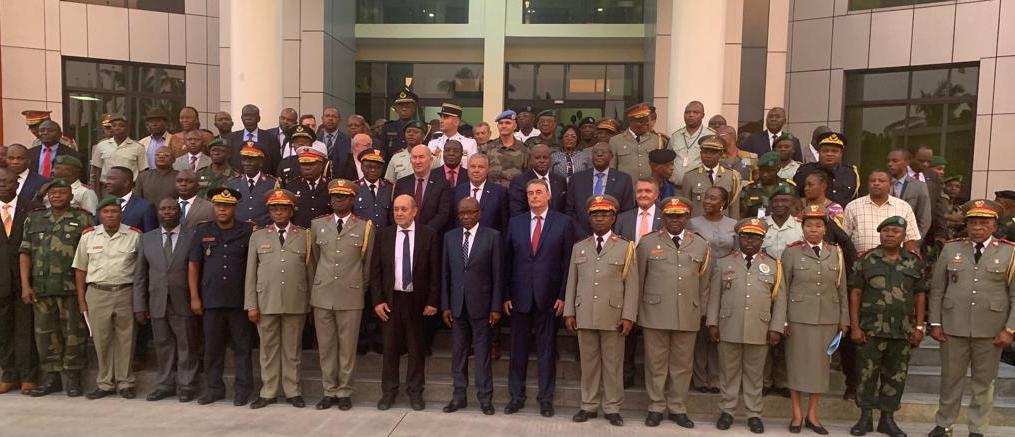Fourret case. The European criminal record is slipping
(Archives B2) Five years after the start of the Fourniret affair, criminal cooperation between European police and judicial forces is still difficult. Even if the European Commission has not remained inactive, the European Criminal Record is still in draft form. And European experts in the fight against crime hope to be able to move up a gear under the French presidency of the European Union (in the second half of 2). Point (*).
The Fourniret affair: a textbook case
The French delinquent, who had taken refuge in Belgium after having served his sentences, was white as snow there. So much so that he had been able to obtain a certificate of good morals and be employed as a canteen supervisor in a school! In fact, it was only thanks to a combination of circumstances and the stubbornness of a few Belgian investigators that he was able to be found in June 2003. This incident convinced certain European Ministers that action had to be taken, and quickly.
Principle of exchange
A proposal was made by the Commission in October 2004, and fairly quickly, the 27 agreed on the principle and a decision was adopted on November 21, 2005 setting certain terms of information exchange between their national criminal files. But the principle is one thing, the application another (1). A second decision, which defines the offenses concerned and the content of the information that can be exchanged, is proposed on 22 December 2005 (proposal text). But it could not yet be adopted (seestatus of work in the European Parliament).
The objective of the diplomats is to finish the job by the end of the year (2008). Each State will then have to transpose this text into its national law (time limit: three years). On the initiative of Belgium (text of the Belgian initiative), the 27 agreed to integrate into this system the “professional prohibitions” aimed at pedophiles (2).
pilot experience
To anticipate this decision, some voluntary countries (France, Belgium, Spain, etc.) have set up a pilot project. But a Belgian magistrate still does not have direct access to the French file – as a national magistrate could.
Technical interconnection
The European Commission must present, in the coming days, a final proposal allowing the technical interconnection of all the criminal records of the 27 Member States. Last piece of the “criminal record” puzzle.
Exchange of evidence
The 27 have also developed a mandate to obtain evidence, allowing an Irish judge, for example, to obtain the assistance of his French counterparts, directly, without going through the often lengthy intermediary of the ministries of foreign affairs. But the text also awaits the approval of the Council of European Ministers of Justice.
(Nicolas Gros-Verheyde)
(1) The application can generally be accepted in English. But some countries like France, Latin countries and Poland have specified that they only accept their national language.
(*) A first draft of this article appeared in Ouest-France on May 22

